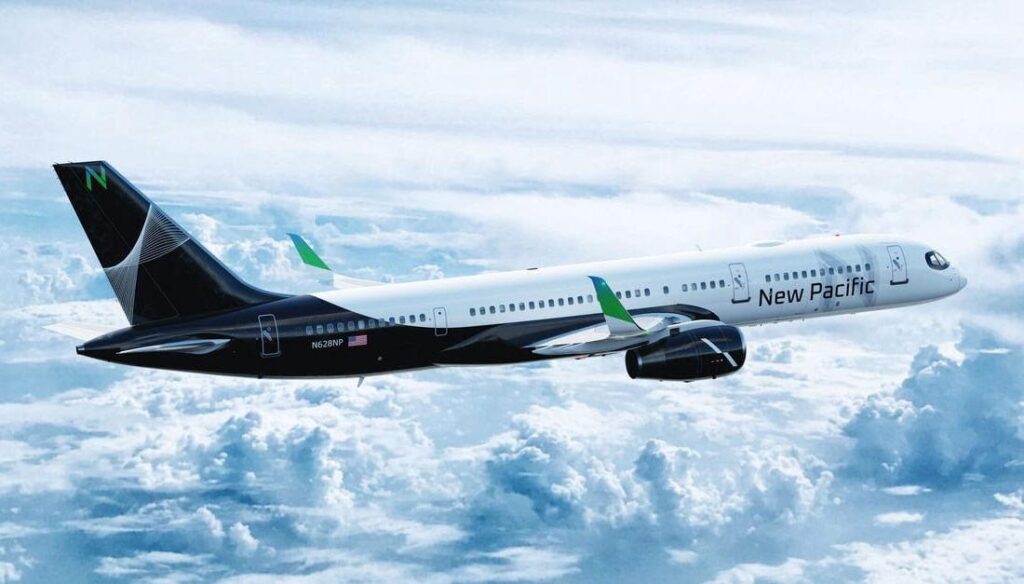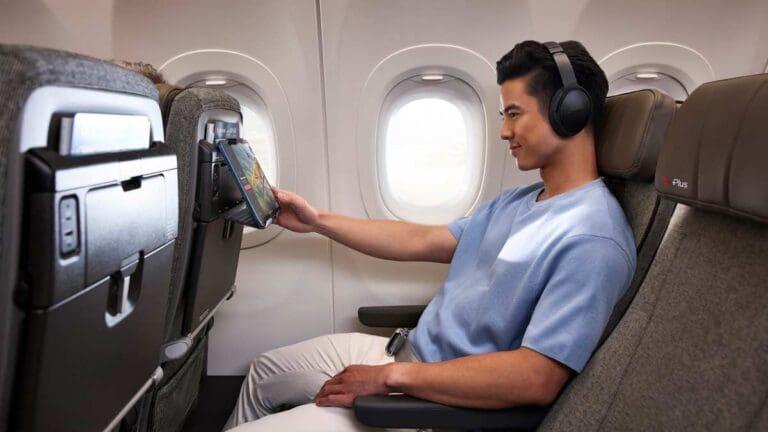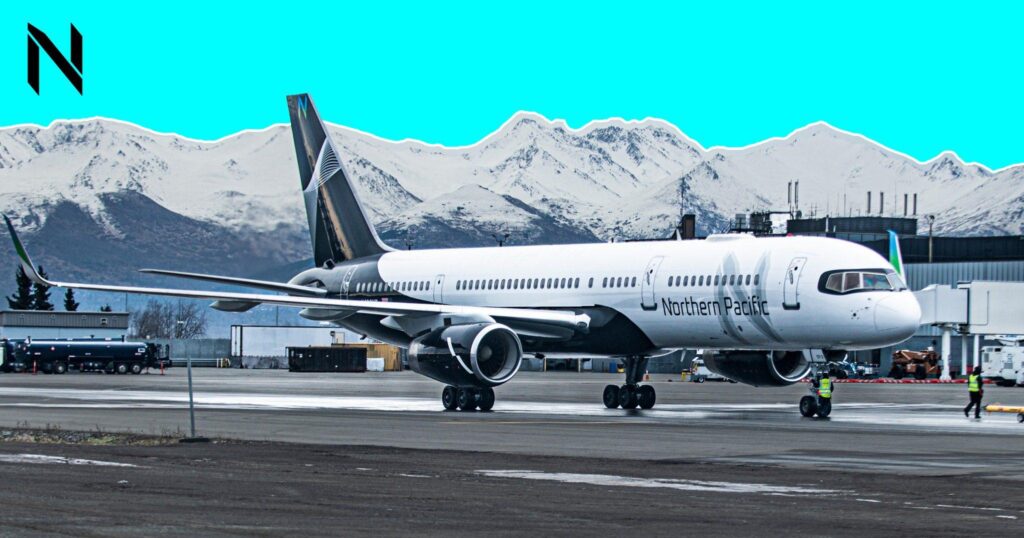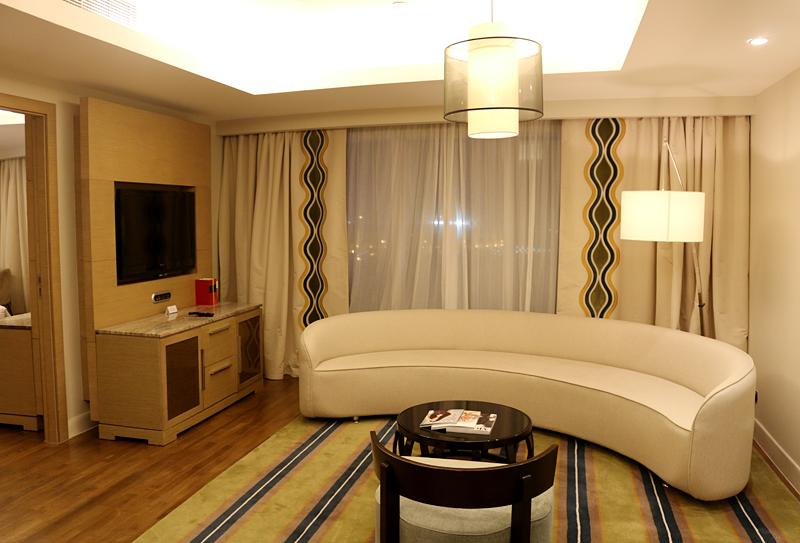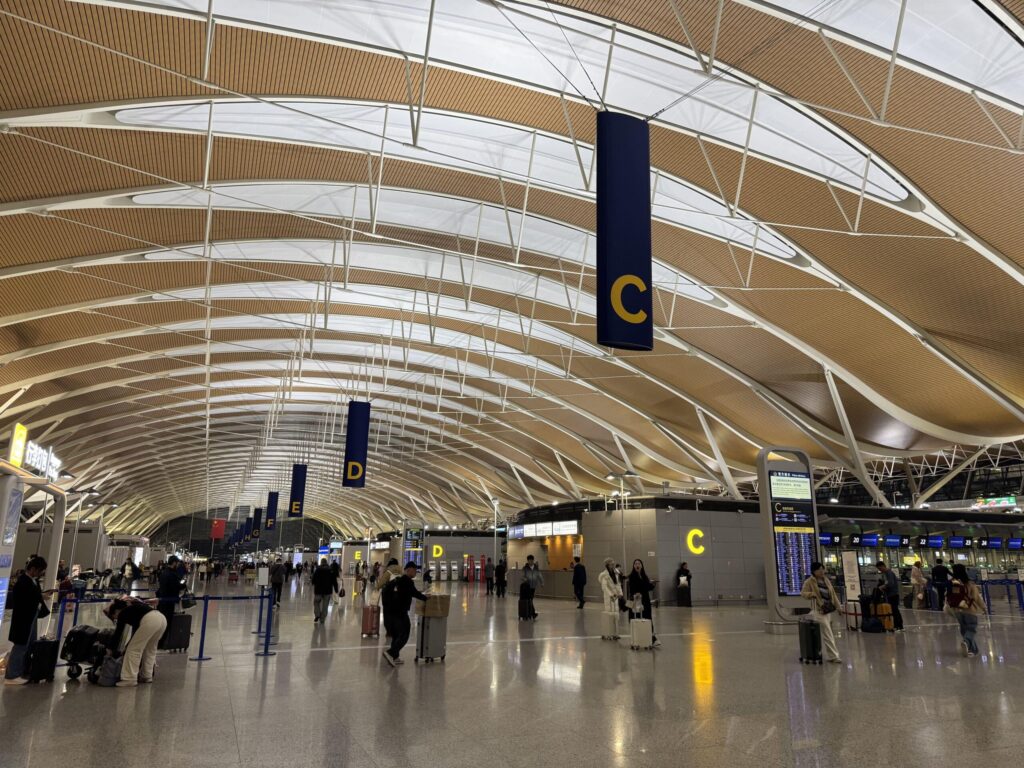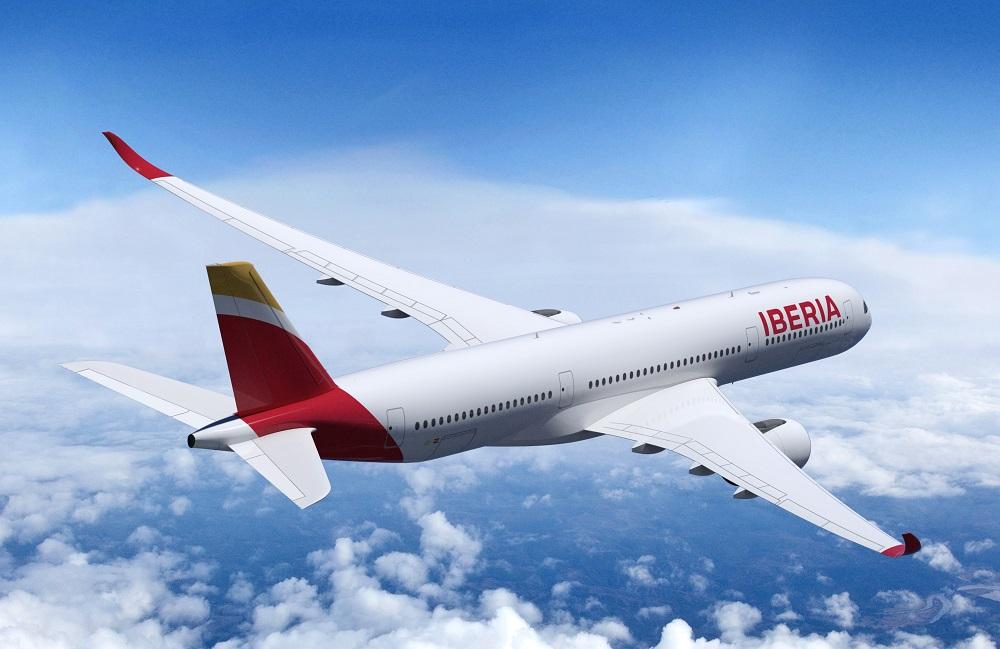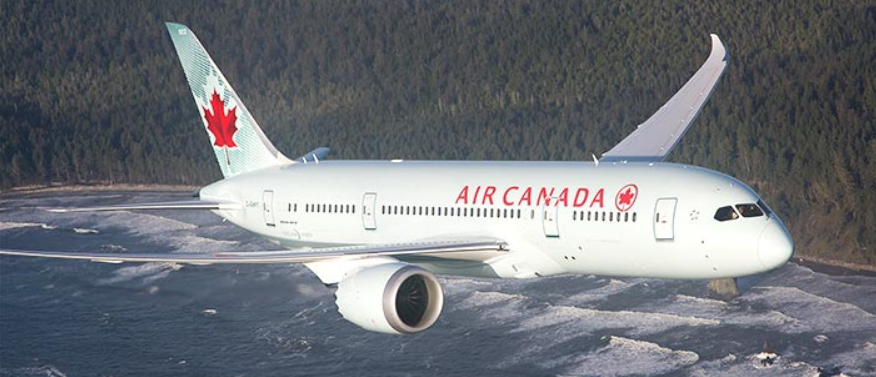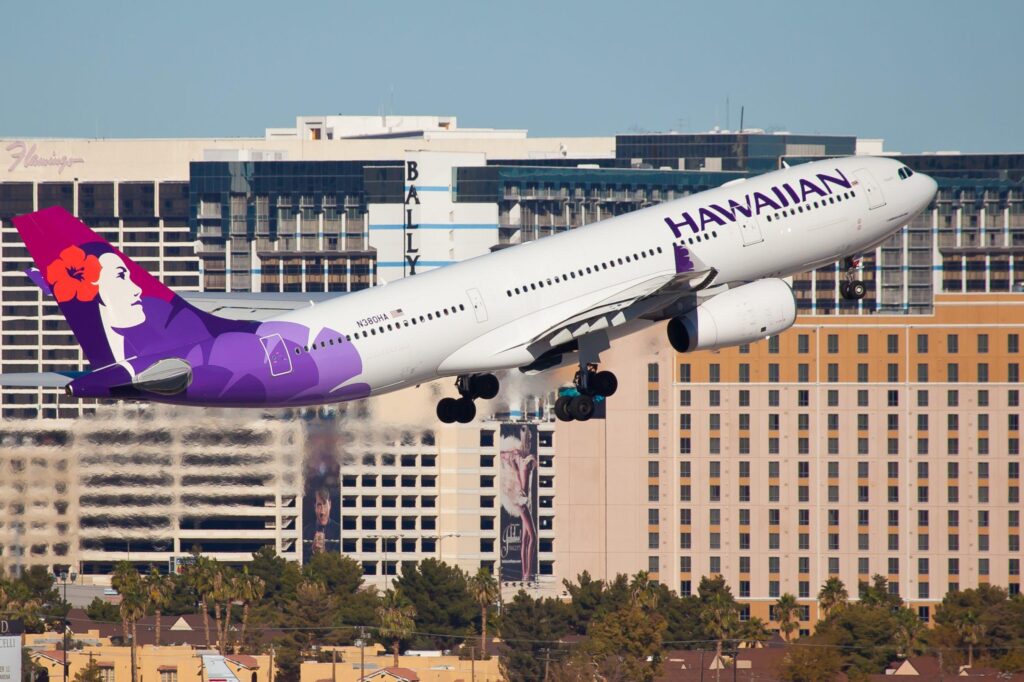Airbnb vs. Hotels: A Summer Family Travel Face-Off
Deciding on the perfect place to stay during a family getaway can feel like a quest all on its own. I’ve read countless travel reviews and spoken to numerous parents, all to help piece together the winning formula for summer lodging. After sifting through data from various family vacation surveys in 2024, it’s clear that both Airbnb and hotels have strong points, especially when it comes to budget, space, and convenience. Let’s break down all the factors, so you can confidently pick what suits your family’s style.
1. Price and Fees

In my quest for great travel deals, I’ve noticed that Airbnb can really shine for families looking to stretch their dollar. You often get more bedrooms and a better rate per night if you’re traveling with a bigger group or planning an extended stay. According to industry data compiled in late 2024, roughly 65% of families reported saving money by renting a multi-room Airbnb over multiple hotel rooms. That said, hidden costs like cleaning fees can sneak up on you if you don’t check the fine print in advance. I’ve learned the hard way to factor in extra fees when calculating the overall price.
Still, hotels can surprise you with costs like resort fees, parking charges, and even Wi-Fi upgrades. It’s best practice to compare the total bill for an Airbnb rental against the itemized hotel fees side by side. In my experience, it pays off to be transparent with your budget from the start, considering the entire stay rather than just the nightly base rate. If you plan to use a pool or fitness center frequently, the convenience of a hotel might be worth those added resort costs.
Even within the hotel world, I’ve noticed that weekday versus weekend rates can vary dramatically. Keep an eye on the calendar, especially if your travel days are flexible. A recent market analysis in 2025 showed that Tuesday through Thursday can sometimes be cheaper for hotel stays, while Airbnb remains consistent but spikes during peak vacation seasons. Personally, I set up price alerts on multiple travel sites to catch any sudden deals or dips.
2. Space and Amenities

Space can really make or break a family trip. Over the years, I’ve discovered that Airbnbs often offer a cozy, home-like setting that feels less cramped when I’m with a larger group. Having a full kitchen is a game-changer for feeding picky eaters and reducing dining-out expenses. In my own observation, it’s not just about saving money on breakfast; being able to cook a quick dinner helps avoid meltdowns after a busy day of sightseeing.
However, I can’t deny the luxury bubble that hotels create with amenities like daily housekeeping, room service at odd hours, and on-site concierge help. According to a 2024 family travel survey, more than half of parents admitted they preferred hotels because they wanted a mental break from chores like doing dishes or laundry. And for those who want to keep up a fitness routine on vacation, a hotel gym or a clean, well-maintained pool can be a sweet bonus.
I’ve personally observed how families tend to weigh the value of “homey comforts” against the all-inclusive ease of hotels. If you have very young kids, a separate sleeping area in an Airbnb might be a lifesaver by giving you some quiet space once they’re in bed. If older kids crave activities like a kids’ club or babysitting services, a larger resort hotel might help everyone relax more.
3. Safety and Reliability
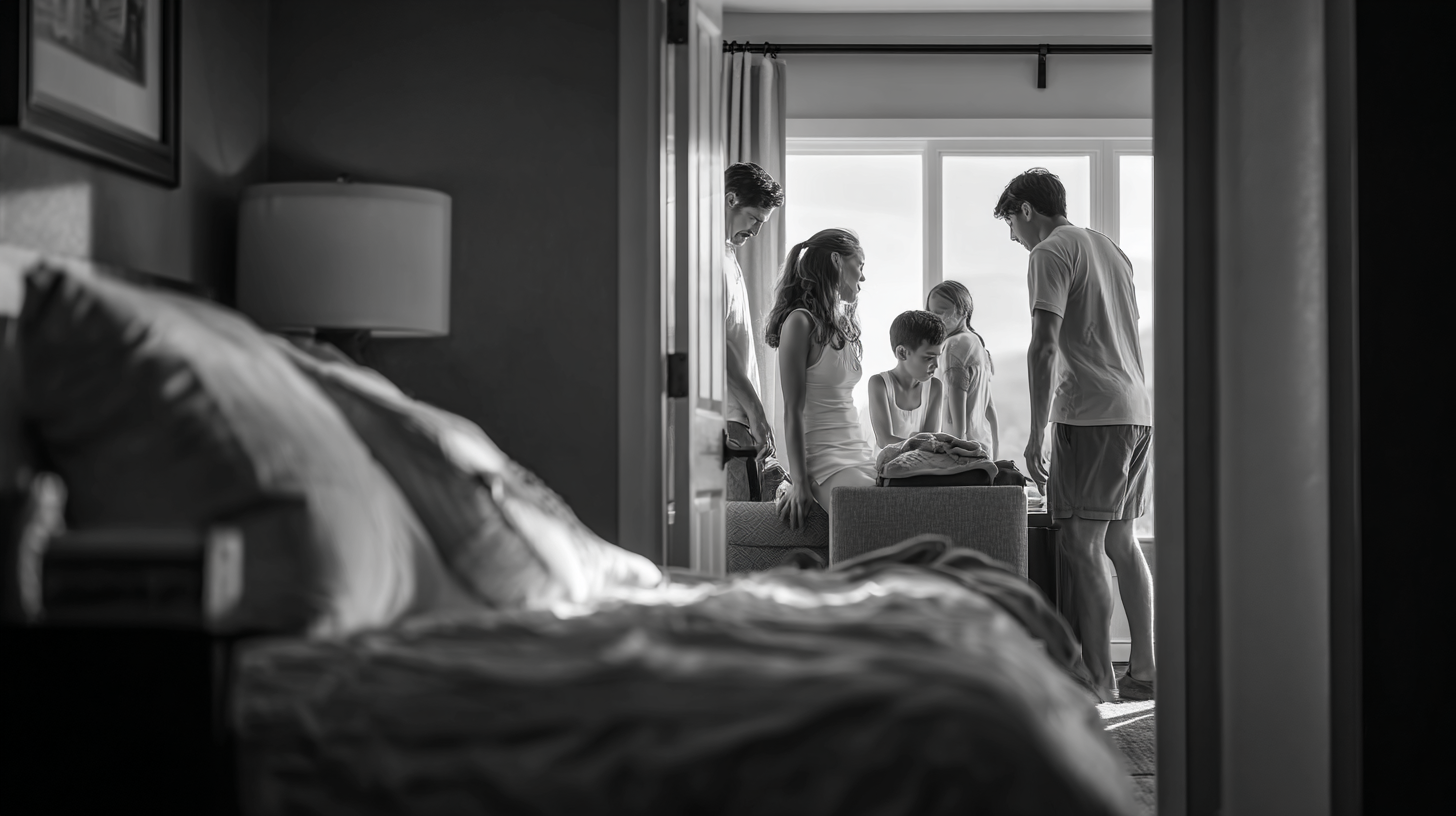
Whenever I plan a trip for friends or family, safety is non-negotiable. Hotels typically have set protocols, like 24-hour front desk support and established security measures. It’s a relief knowing that if something goes wrong at 2 a.m., someone’s there to help. I’ve found that hotel chains, especially the big brands, maintain a fairly uniform standard so that you can trust things like clean linens and consistent service.
With Airbnb, the experience can vary. You might end up with a wonderful host who replies in minutes or someone who is less attentive. For instance, one traveling dad told me about an Airbnb host who disappeared after check-in, leaving them to solve a broken air conditioner in the middle of a July heatwave. User reviews on each listing definitely help, but if you’re someone who values having immediate in-person support for any bumps in the night, you might feel more secure in a hotel.
In my own research, I recommend looking for Superhost badges or top-rated listings if you’re leaning toward Airbnb. Cross-referencing multiple review platforms can also give you a better picture of a property’s track record. Safety extends beyond the property too—don’t forget to consider the neighborhood. I often browse local crime rates or Google Maps Street View to get a feel for the area before booking, regardless of which lodging style I choose.
4. Loyalty Perks and Rewards
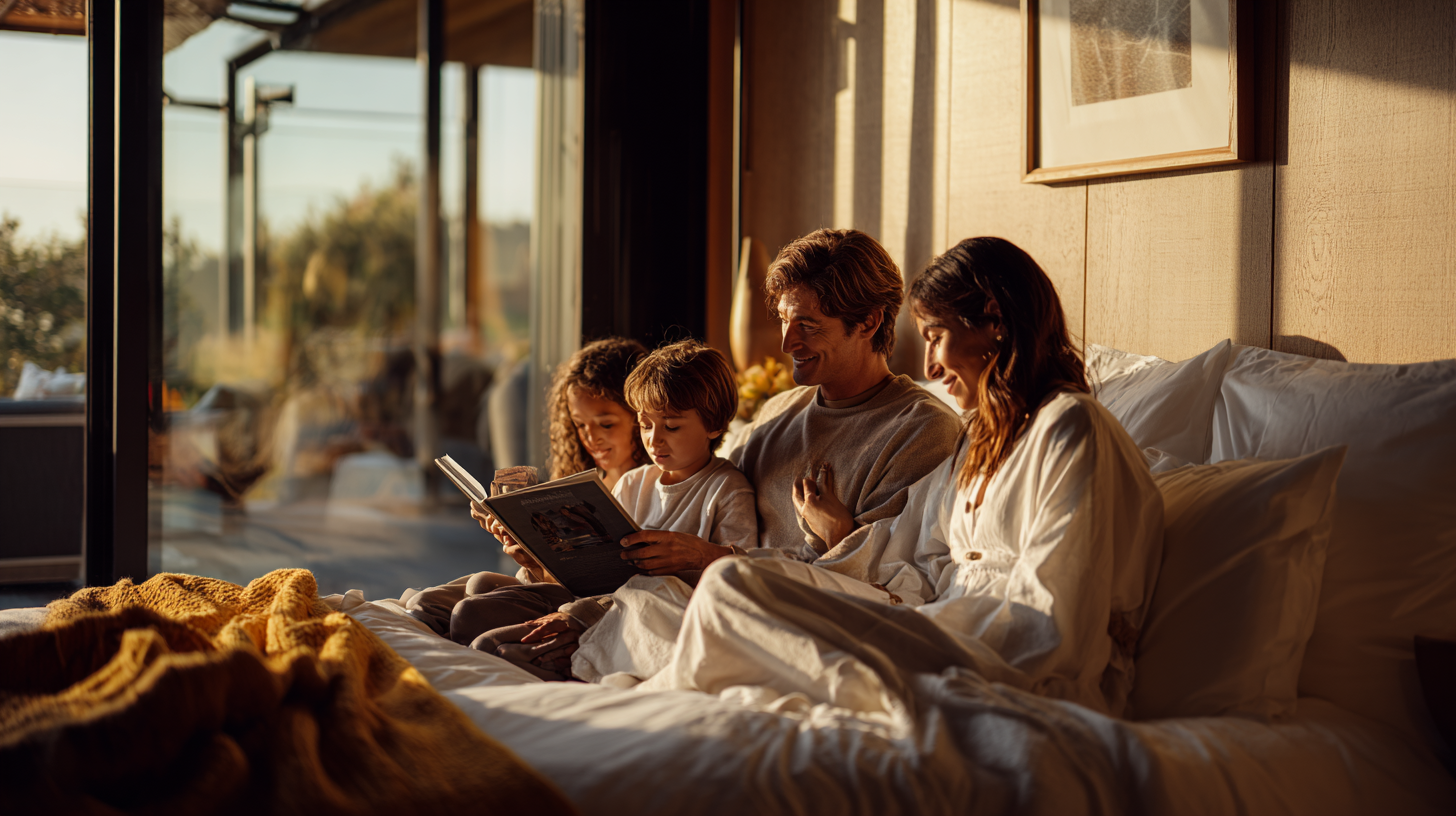
I’m a huge fan of racking up points and miles, and I know many fellow travelers feel the same. Hotel loyalty programs like Marriott Bonvoy, Hilton Honors, and World of Hyatt can be goldmines for frequent travelers, offering upgrades, free nights, and late checkout options. If you’re the type who travels often—whether for business or pleasure—these programs can seriously offset costs over time. According to a 2025 industry estimate, collecting enough points can save up to 15% on average yearly travel expenses.
Airbnb, by contrast, doesn’t have a universal loyalty scheme, so you’re missing out on that chance to accumulate ongoing travel perks. Some credit cards will give you extra cash back or points on Airbnb purchases, but it’s not nearly as robust or straightforward as hotel loyalty plans. In my opinion, if you’re an infrequent traveler, going with Airbnb won’t necessarily cost you big opportunities. But if you’re a frequent flyer or have a large credit-card-points portfolio, sticking with hotel chains could boost your overall travel rewards.
If you’re undecided, it might help to calculate the value of potential points earned on a hotel stay versus the cost savings of an Airbnb. For instance, if you’re traveling in a city where hotels are notoriously expensive and you’re not going to earn a substantial chunk of loyalty points, Airbnb might still come out ahead on price. However, if your trip aligns with your favorite chain’s bonus promotions, it might make sense to stay in a hotel and hit that next loyalty tier.
5. Trip Duration and Group Size
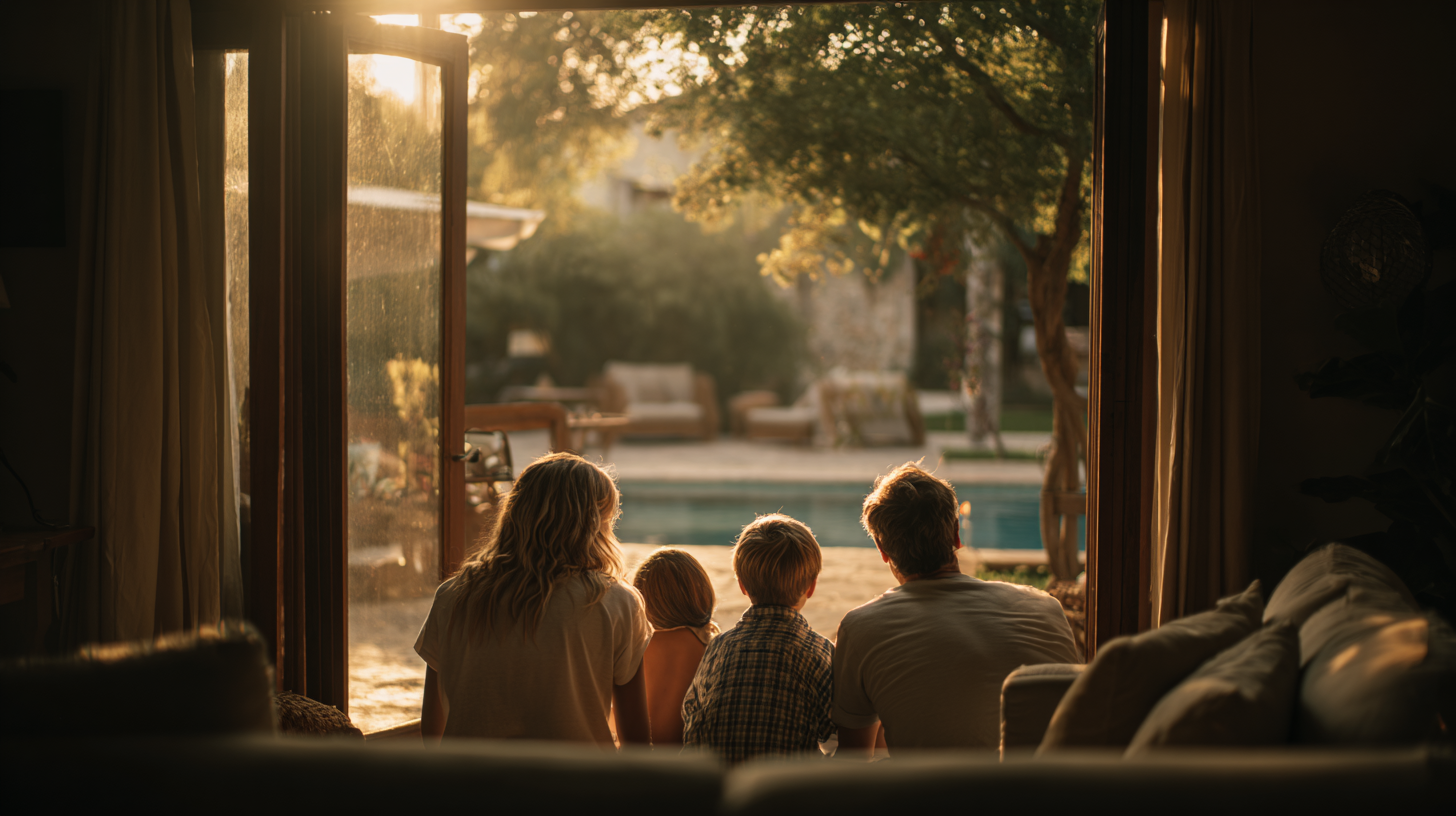
Those short getaways of three or four days often work best with hotels—from my perspective, daily housekeeping alone can save you time and headache. You come back from sightseeing to fresh towels, a made bed, and no pile of dinner dishes. Plus, some hotels offer free breakfast or evening receptions, which can be a treat when you’re on the go.
On longer trips or multi-generational vacations, I’ve observed that accessing the extra space and in-room appliances of an Airbnb can be invaluable. Having your own washer and dryer can cut down on overpacking, especially for a stay of a week or more. While you might lose out on housekeeping, you gain the freedom to do laundry on your schedule and let the kids sprawl out in multiple rooms without feeling cramped.
A recent study suggests that family trips lasting seven days or more are twice as likely to benefit from a rental property’s comforts, like separate bedrooms and private outdoor areas. I’ve also read many success stories from families who split the cost of a larger Airbnb with grandparents or friends. Even if you think you might prefer hotel living, it’s worth comparing the price of two or three hotel rooms against a single large Airbnb to see which arrangement aligns better with your budget and group dynamics.
6. Which Option Works Best for Your Family?
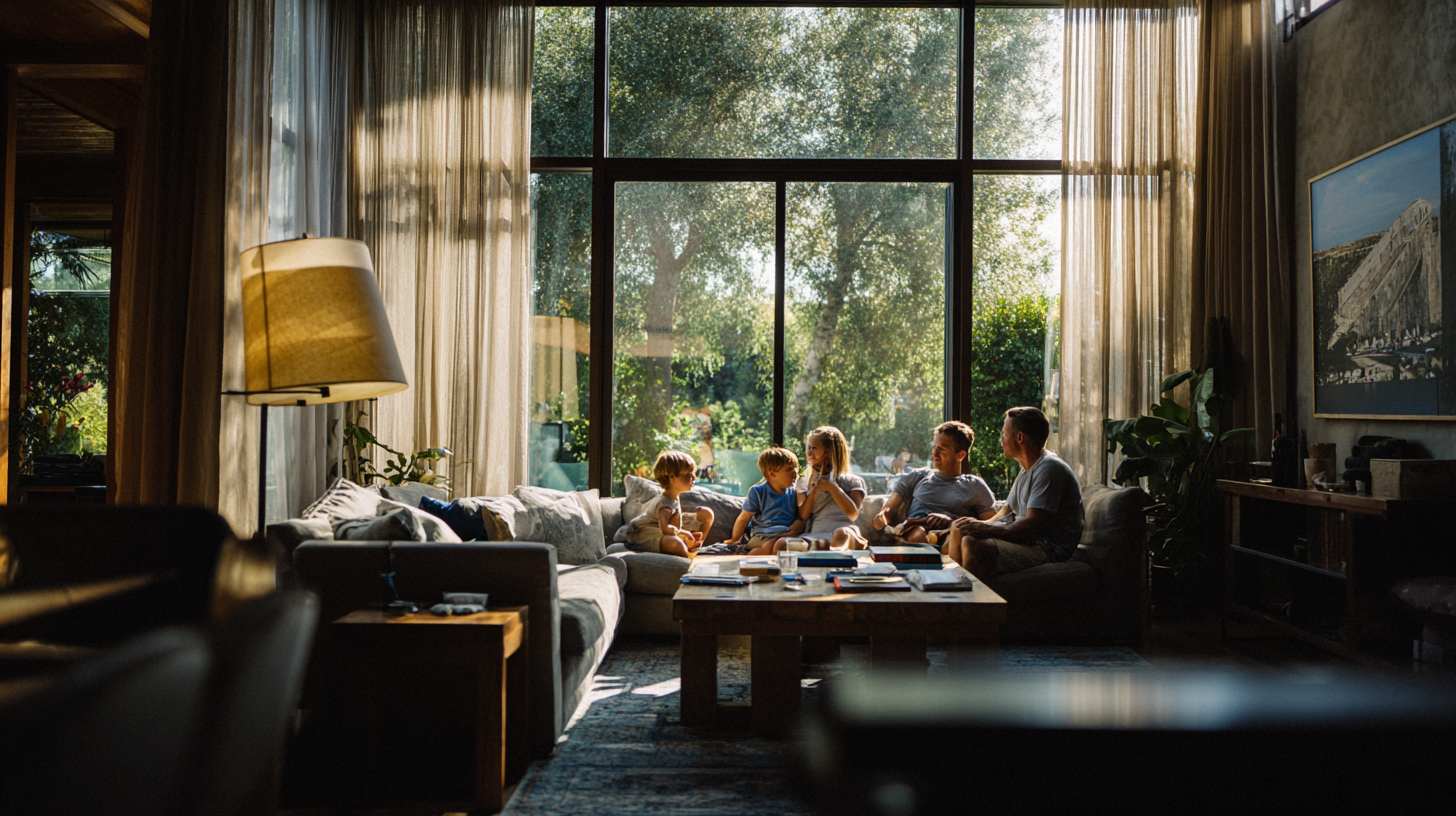
Picking your perfect place ultimately depends on your family’s priorities. Do you want local charm, individual privacy, and a place that feels like home? Then Airbnb might be your winner. If you’re looking for predictability, round-the-clock service, and a chance to build up travel rewards, hotels are hard to beat.
In my experience, you can’t assume one is universally better for every trip. If you rarely travel or you’re in a city with high hotel prices, Airbnb gives you the chance to live like a local and possibly save money. On the other hand, if you or your partner are reward-points aficionados, a traditional hotel chain can offer so many perks you’ll feel like you’re traveling in style, even with little ones in tow. And if you’re traveling in a big group, don’t overlook the simple joy of everyone gathering in a shared living room at the end of a long day.
Either way, the secret is in the details: weigh the real cost of Airbnb’s extra fees versus hotel resort charges. Think about whether you want to earn loyalty rewards, how much space you need, and how important on-site services are to your group. A thorough comparison never hurts, and it’s worth remembering that each trip can be different. You might find that for some destinations, an Airbnb hits the mark, while for others, a hotel is your best bet.
Final Thoughts

When I look back at all the places I’ve researched or stayed, I see one simple truth: no two families are exactly the same, and no lodging option is one-size-fits-all. Some families crave the personal touch of an Airbnb host, the extra space to spread out, and the joys of exploring local neighborhoods. Others relish the convenience and confidence of hotel brands, especially if they’re traveling with young children or looking to stack loyalty points for a future vacation.
By zeroing in on what truly matters to your group—be it cost, location, amenities, or earning those extra miles—you’ll find an accommodation style that genuinely enhances your trip. When you consider all the pros and cons from a real-world perspective, it becomes easier to match your lodging choice with your specific travel goals. After all, a summer family trip should be a memory-maker, not a cause for stress.
It’s also worth noting that this balance may shift as trends and travel habits evolve. Hospitality industry reports predict that Airbnb-type rentals will continue adapting to better serve families, while hotels could introduce more flexible, home-like features to remain competitive. Either way, staying informed puts you in the best position to snag the perfect destination and lodging for your summer fun.
Sky Skylar’s Take
In a moment where travel is as flexible as ever, I’ve grown to appreciate how much the decision between Airbnb and hotels shapes the entire vibe of a trip. If I’m craving that “local life” experience—cooking my own meals, chatting with neighbors, or discovering hidden coffee shops—a great Airbnb rental can be unforgettable. But when I want to focus on pure vacation mode, resort perks and loyalty rewards beckon me toward hotels.
At the end of the day, I believe there’s no wrong choice, only a meaningful match between lodging and travel style. So go ahead, be adventurous—or be comfy and let someone else take care of the laundry!

